|
|
|
|
I know it’s a cliche, but the very first time I set foot in Australia as a twentysomething backpacker, the first thing I did was head straight to Circular Quay, hop on the Manly ferry, and take a frankly unnecessary number of photos of the Sydney Opera House as it glided past.
Together with the Harbour Bridge, this incredible piece of architecture is the defining image that springs to mind when people from other parts of the world think of Australia. Architect Jørn Utzon’s design is truly iconic – another cliche, sure, but one that’s fully warranted in this case.
Yesterday marked exactly 50 years since the Opera House was officially opened by Queen Elizabeth II, in a lavish ceremony that gestured both to Australia’s deep Indigenous roots and the imperialism that came much later. As Macquarie University historian Michelle Arrow explains, the building was one of the hallmarks of Australia’s “new nationalism” of the 1970s.
This was a time when Australia sought to project a newly self-confident and sophisticated identity, of which the arts were seen as an essential ingredient. (Mind you, the cultural cringe still hadn’t vanished yet: the Canberra Times felt obliged to report on the British media’s condescending verdict that Australia had finally “turned a corner artistically”.)
Although Utzon famously quit the project years before its completion, the Opera House was triumphant from the moment it opened. Arrow argues that it is the clearest emblem of Australia’s 1970s cultural renaissance, with its “soaring sails, the bold rich colours of the interiors, and John Coburn’s glorious, confident curtains for the performance venues”.
Today it is a treasured part of Sydney cultural life, and has stayed largely true to Premier Joe Cahill’s 1959 promise that “the average working family” would be able to afford to attend. As Arrow says: “This radiant, soaring building belongs to all of us.”
|

|
Michael Hopkin
Deputy Chief of Staff
|
|
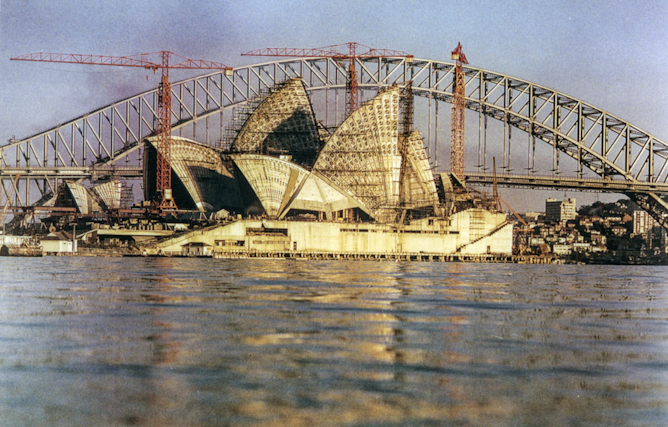
Michelle Arrow, Macquarie University
Fifty years ago today, after a prolonged and controversial period of construction, the Sydney Opera House was officially opened by Queen Elizabeth II.
|
Weekend long reads
|
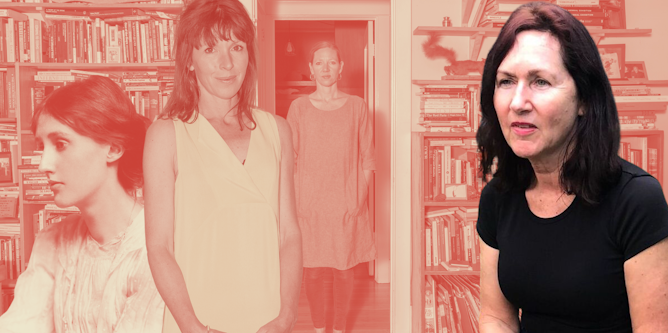
Jane Gleeson-White, UNSW Sydney
When Jane Gleeson-White’s marriage ended two years after her mother died, she lost her voice. Books by women writers like Rachel Cusk, Olivia Laing and Maggie Nelson helped her find it again.
|
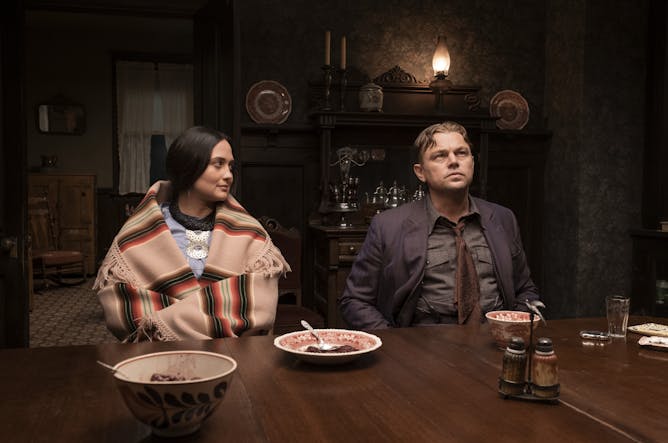
Paul Giles, Australian Catholic University
David Grann’s account of a sensational murder investigation, the basis for Martin Scorsese’s latest film, delves into the mythologies of the old Wild West
|
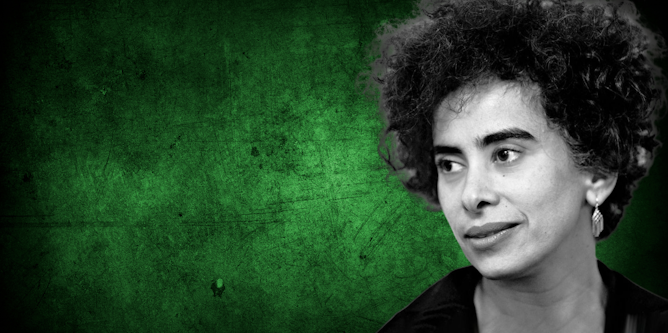
Denis Muller, The University of Melbourne
More than 1,000 literary figures so far have signed an open letter protesting the cancellation of an award ceremony to honour Palestinian writer Adania Shibli.
|
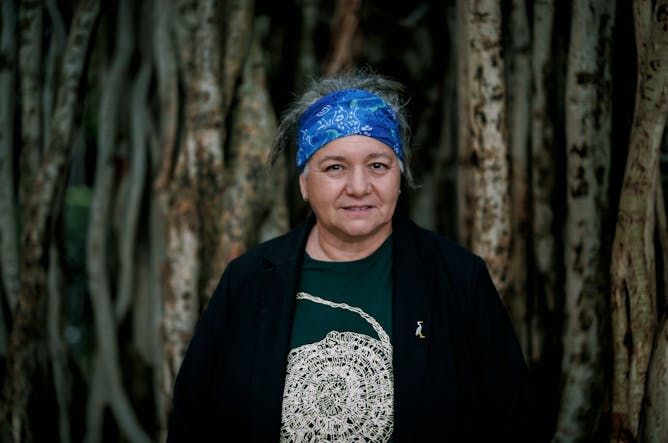
Tamika Worrell, Macquarie University
Melissa Lucashenko’s latest novel is an epic, affirming pathways for Indigenous futures – and she gifts us with characters impossible not to invest in.
|
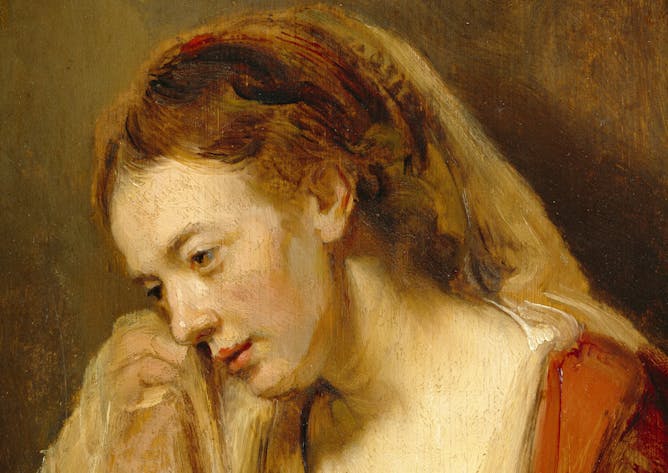
Brigid Magner, RMIT University
The latest books by Gretchen Shirm and Briony Doyle are preoccupied with the aftermaths of recent deaths.
|
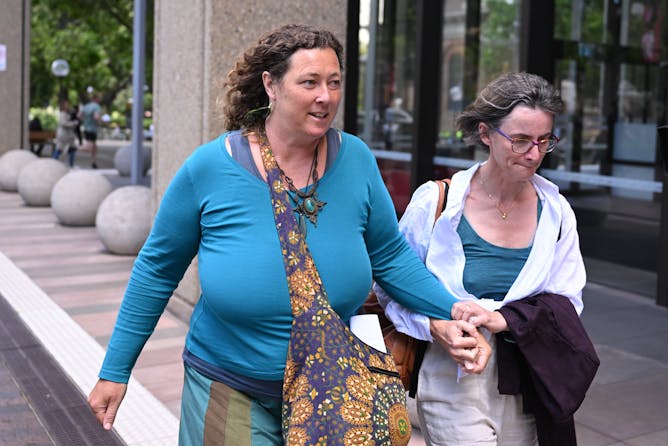
Rachel Franks, University of Newcastle
Two new books go behind the scenes on the Teacher’s Pet case. One is by Lyn Dawson’s daughter, Shanelle, and the other is by Hedley Thomas, creator of the internationally successful podcast.
|
Our most-read article this week
|
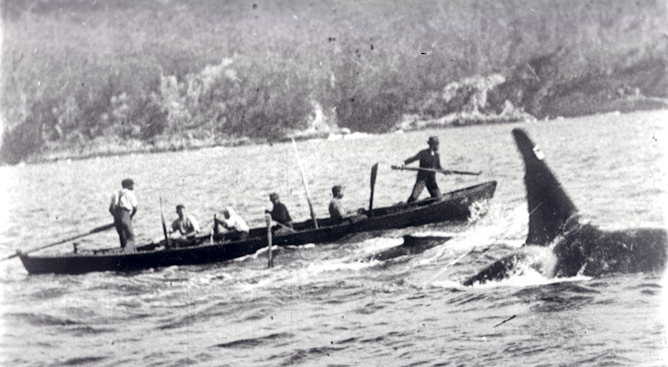
Isabella Reeves, Flinders University; Steven Holmes, Indigenous Knowledge
On New South Wales’ southern coast, First Nations groups and European whalers hunted alongside orcas. But what happened to this unusual group?
|
In case you missed this week's big stories
|
-
Frank Bongiorno, Australian National University
In the end, the “yes” case failed to answer two basic questions: what was the problem to be solved, and how would the Voice help solve it?
-
Paul Strangio, Monash University
The vote demonstrated that the project of progressive politics in Australia remains brittle.
-
Michelle Grattan, University of Canberra
While you’d hardly know it from what politicians and commentators have said during the fractious Voice debate – there is a structure in place that could be used in this post-referendum phase
-
Sana Nakata, James Cook University
The ‘no’ vote defeating the referendum is just one part of a long political journey for First Nations people. What went wrong for the ‘yes’ campaign, and where does Australia go from here?
-
Bhiamie Williamson, Monash University
The Voice to Parliament has failed. What does this mean for Aboriginal and Torres Strait Islander people?
-
Toby Boraman, Massey University
Beneath the obvious policy differences between Labour and National lies a tacit consensus on fundamental economic settings. Until that changes, political choice will be constrained.
-
Jane McAdam, UNSW Sydney; Ben Saul, University of Sydney
Israel’s warning to civilians in Gaza of impending attacks must be ‘effective’ under international law, meaning it must not only reach people but allow them sufficient time to evacuate safely.
-
Eyal Mayroz, University of Sydney
The concern and passion currently being manifested by supporters of the two sides could lead this time to more effective action.
-
Amy Maguire, University of Newcastle
The UN secretary-general said neither side is justified in its actions against civilians. But holding them accountable for war crimes is extremely difficult.
-
Michelle Grattan, University of Canberra
As the Middle East crisis risks raising tensions within Labor, which has a divided feelings about Palestine, Husic sought to tread a careful line, while emphasising the mounting toll of Palestinian victims
-
Victoria Cooper, University of Sydney
Despite the pomp of a state visit, Albanese will be hoping to bring home from Washington some significant wins on policy and the bilateral relationship.
-
Andrew J Constable, University of Tasmania; Jess Melbourne-Thomas, CSIRO
The first comprehensive assessment of trends in Southern Ocean ecosystems reveals an urgent need to address climate change. The summary for policymakers can guide decision-makers.
-
Daniel Patrick Harrison, Southern Cross University
Australian is experimenting with marine cloud brightening to cool and shade the Great Barrier Reef. Here’s how it works.
-
Peter Martin, Crawford School of Public Policy, Australian National University
SUVs now outsell standard cars three to one, as you can see on these graphs. Australian car park spots may soon have to be made 20cm longer, just to fit them all in.
|
|
| |
|
|
|
|
| |
| |
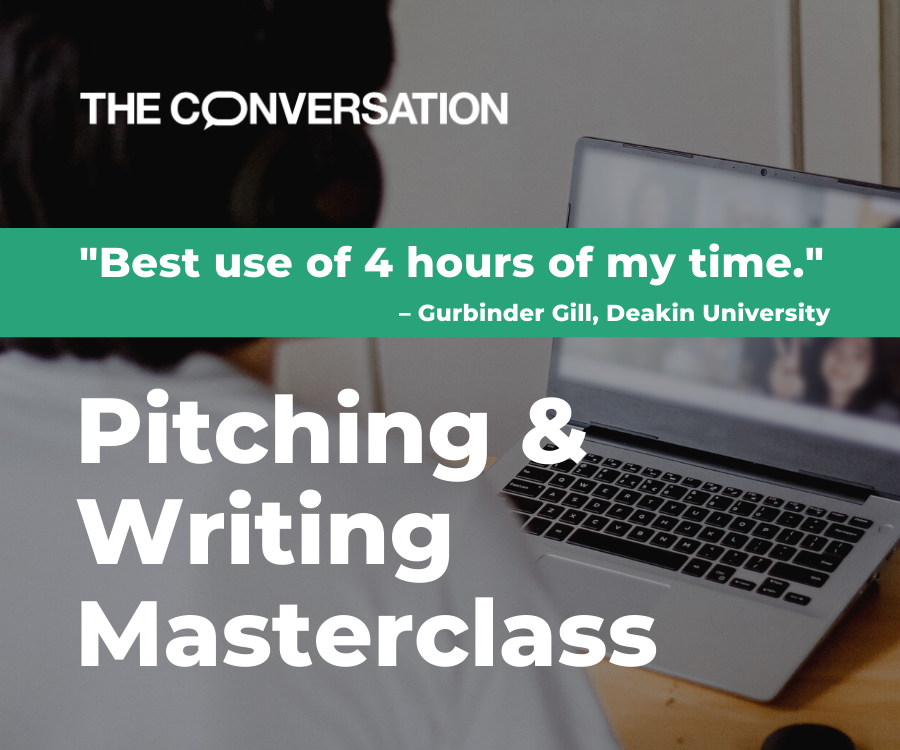
|
| |
| |
| |
Featured Events, Courses & Podcasts
|
View all
|
|
1 January 2023 - 7 October 2026
•
|

|
7 November 2023
•
Sandy Bay
|

|
31 October 2023 - 14 February 2024
•
Blended
|

|
8 November 2023
•
Melbourne
|

|
|
|
|
| |
| |
| |
| |
| |
|
|
|
|
|
|
|